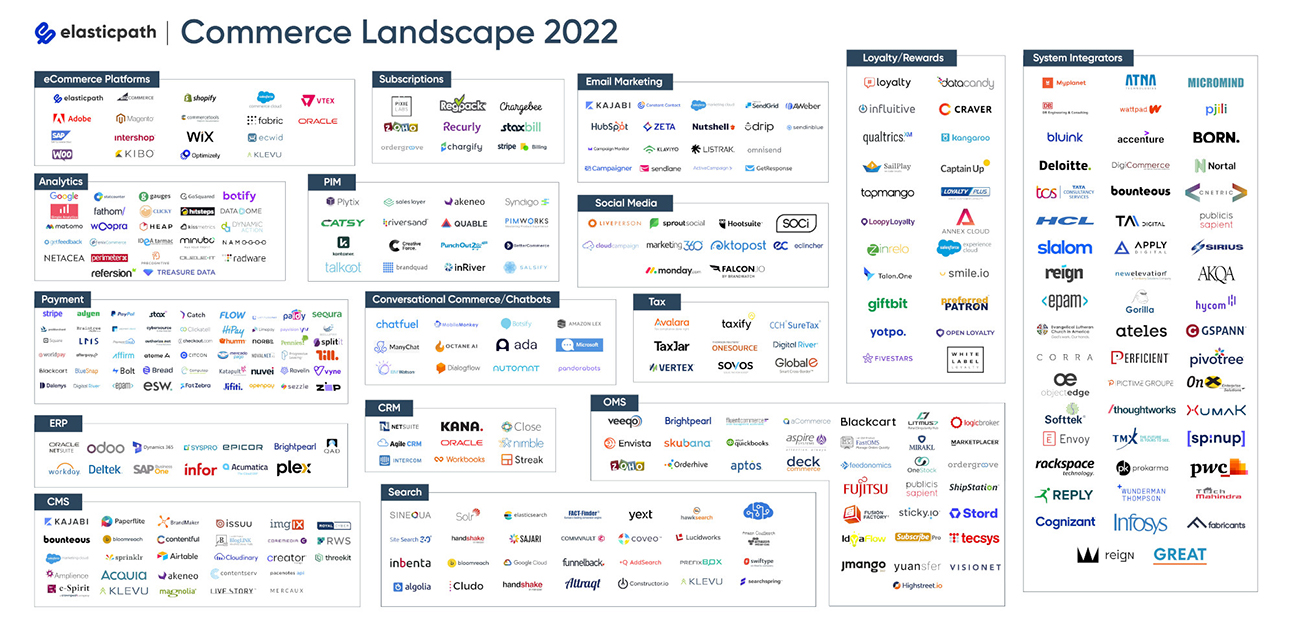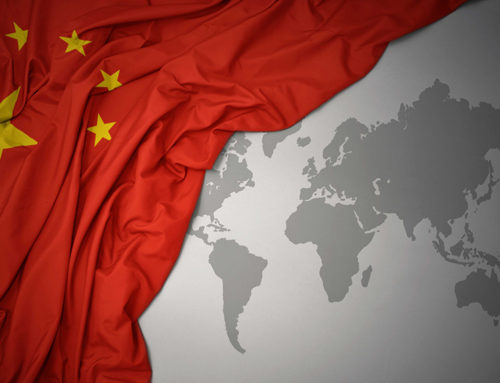In our previous articles, we’ve examined the origins, impact, and potential reforms of Section 230 in the United States. However, the Internet is a global digital landscape and similar issues regarding online content and consumer protection are not unique to the United States.
Several countries have introduced or considered legal provisions akin to Section 230 in an attempt to navigate the challenges of user created content. While these frameworks vary significantly, they share common goals and dilemmas:
- Protection of Free Speech: Like Section 230, many international laws seek to protect free speech on digital platforms and foster open dialogues. These laws aim to shield online intermediaries from undue liability for content published by users.
- Addressing Harmful Content: The rise of harmful and illegal content on the internet has led other countries to grapple with ways to balance free expression and content moderation. In some cases, similar provisions to Section 230 have spurred debates about responsibility and accountability for platforms hosting such content.
- Consumer Safety: E-commerce and online marketplaces are global phenomena. Many countries confront challenges similar to those in the U.S., including counterfeit and unsafe products, as well as consumer protection concerns.
The international perspective provides insights into the ways these legal frameworks influence consumers worldwide:
- Access to Diverse Information: Globally, legal provisions like Section 230 have enabled other platforms to host a diverse range of user-generated content. This often translates into greater access to information, diverse opinions, and new opportunities for consumers outside the source regions.
- Challenges in Content Moderation: Similar to the U.S., these legal protections have sometimes resulted in challenges related to the moderation of harmful or illegal content. Consumers in other countries also encounter misinformation, hate speech and harassment in online spaces.
- E-commerce and Consumer Trust: In the world of e-commerce, global platforms such as Amazon and Alibaba for instance, face parallel issues related to product quality and consumer trust. Enforcement of law comes into play when sellers and platforms reside outside the boundaries of a country. The platforms become a sea of questionable and unregulated online offerings.

As the global digital landscape evolves, issues related to user-generated content and consumer protection transcend international boundaries. Collaboration and harmonization of regulations are becoming increasingly essential to address these challenges effectively.
The international perspective on legal frameworks similar to Section 230 reveals that the digital landscape is a shared global space with common issues and dilemmas virtually everywhere commerce occurs. As foreign countries deal with these similar challenges, the exchange of ideas and international cooperation will play a pivotal role in shaping the future of the global commerce.






